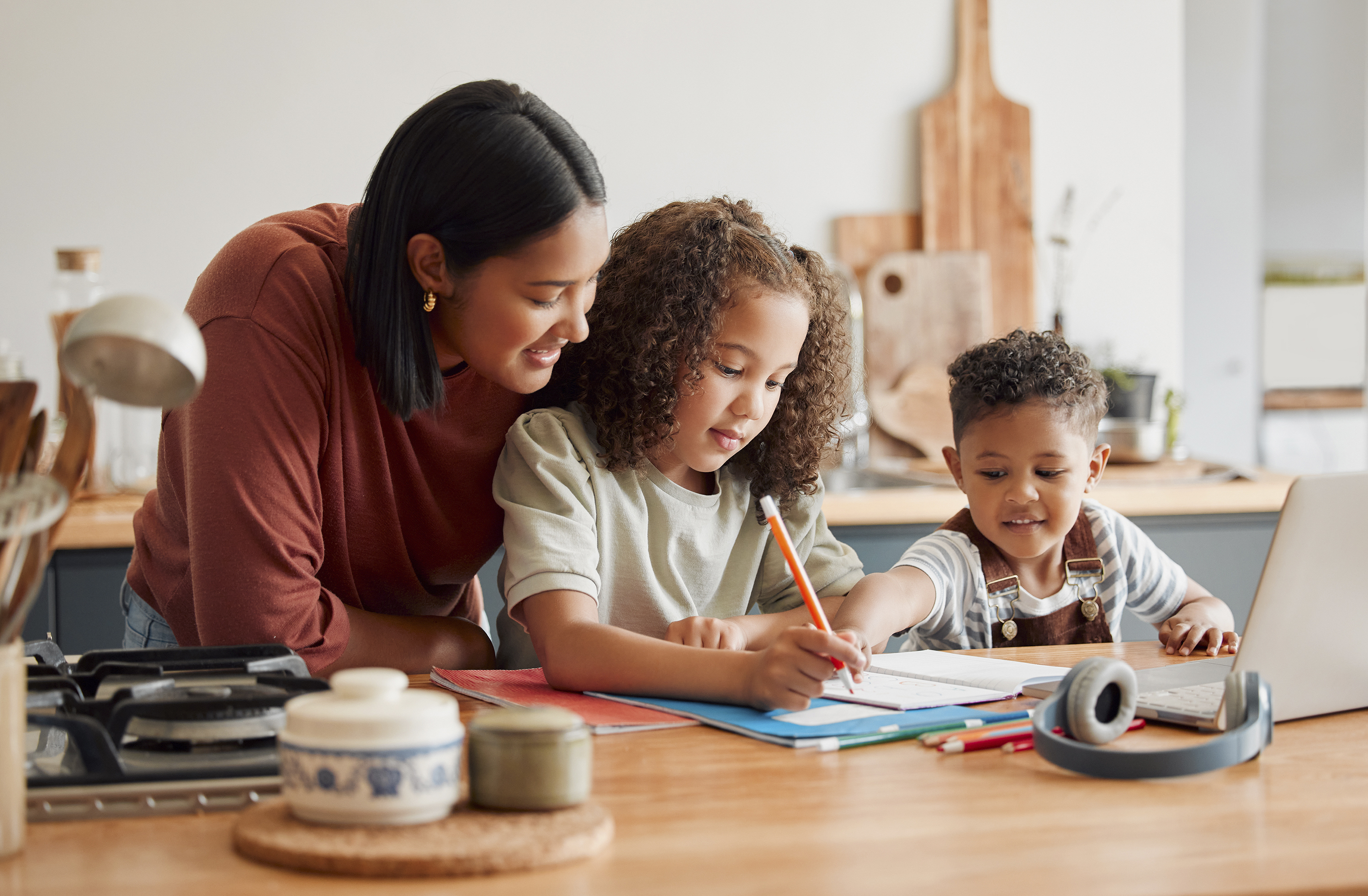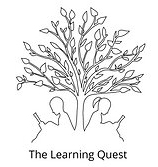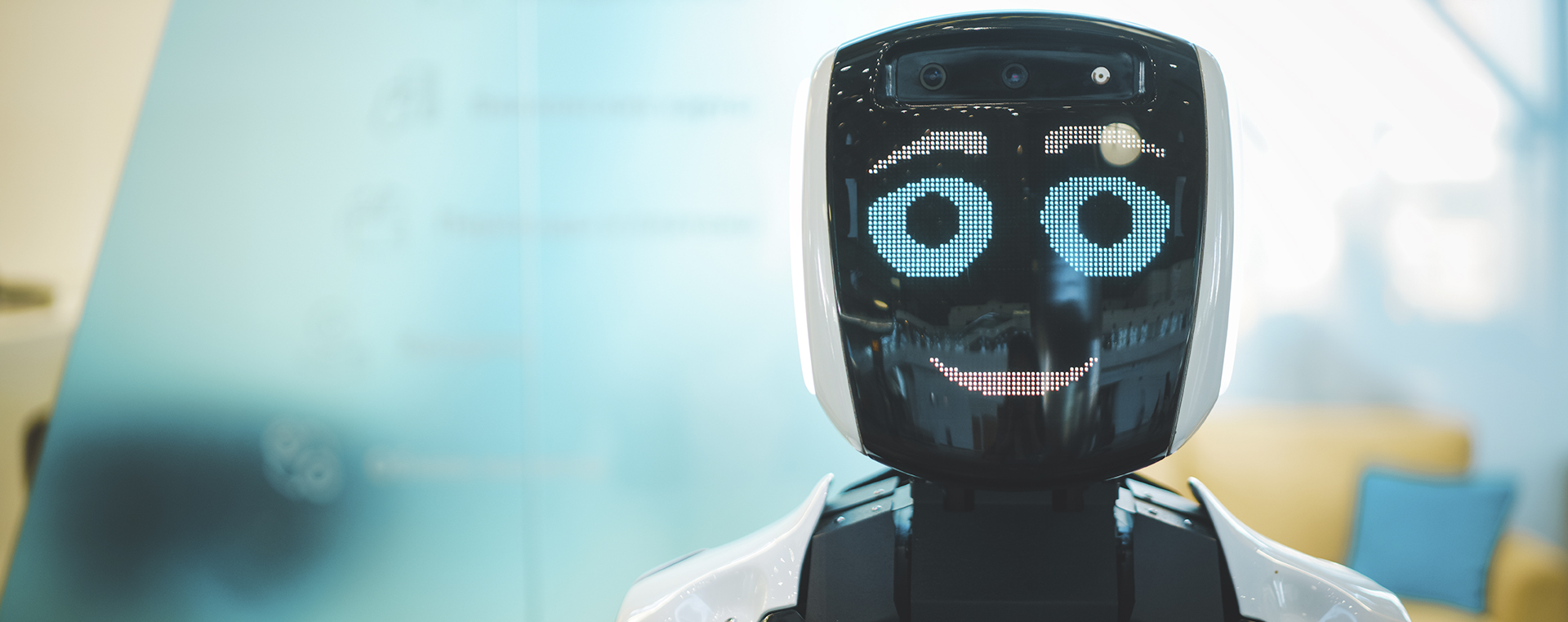
School is out …. for good
School as we know it is out. It's outdated, has been applying the same methods for centuries, and resists change. It's time for parents, tutors, and adults around them to think about how best to support their children's learning outside the school system.
School as we know it is out. It's outdated, has been applying the same methods for centuries, and resists change. It's time for parents, tutors, and adults around them to think about how best to support their children's learning outside the school system. With the current uncertainties surrounding us, it's essential to be proactive and ensure that children continue developing their skills and knowledge. But as we embark on this journey, we need to recognize that we're not only supporting our children's learning but also our own.
Children are naturally curious and have a genius for learning. However, traditional schools often stifle this innate curiosity by stifling creativity and enforcing rigid structures. As a result, children can lose interest in learning and may not reach their full potential. But the good news is that the education revolution is here, and many alternatives to traditional schooling can help children become the best possible learners.
One such alternative is micro schools. These are small, community-based schools that focus on personalized learning and individualized attention. Microschools offer a flexible curriculum tailored to each child's unique needs and interests. They also emphasize developing social skills and emotional intelligence, critical for fulfilment (rather than “success”) in the 21st century.
Another alternative is learner-driven or learner-centered initiatives. These programs are designed to empower children to take control of their learning. They provide guidance and resources to help children identify their interests and passions and pursue them in a way that aligns with their learning style and pace. Learner-driven initiatives can be particularly effective for children who are self-directed and motivated to learn on their own.
Self-directed learning is another approach that can help children become the best possible learners. With self-directed learning, children take responsibility for their learning. They set their own goals and objectives and work independently to achieve them. Self-directed learning can be particularly effective for highly motivated children with a clear sense of purpose.
Of course, there are challenges associated with each of these approaches. For example, microschools may only be available in some areas and may be expensive. Learner-driven initiatives may require a significant investment of time and effort from parents. Self-directed learning requires a high level of self-discipline and motivation.
But despite these challenges, it's clear that the education revolution is here, and parents have more options than ever before when it comes to supporting their children's learning. By embracing these alternatives, parents can help their children become the best possible learners and prepare them for success in the 21st century.
But it's not just about supporting our children's learning. As adults, we also need to become learners in this new educational landscape. We need to be open to new ideas and approaches, and we need to be willing to take risks and try new things. We need to be willing to learn from our children, who often have a fresh perspective and a natural curiosity that can inspire us to learn and grow.
In conclusion, school may be out, but the learning never stops. It's up to us as parents to support our children's learning and help them reach their full potential. But in doing so, we also have an opportunity to become learners ourselves and embrace the education revolution that is transforming the way we think about learning and education. So let's embrace this new era of learning and unleash the genius of our children and ourselves.
SITEMAP
SUPPORT US


